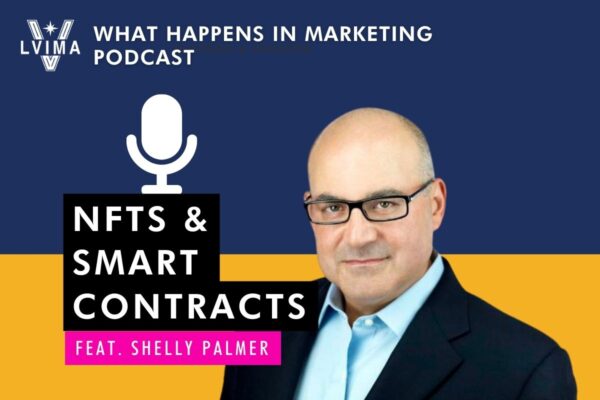Future-Proofing Your Strategies: Cookie Deprecation
By: Todd Yu
For digital marketers, the word “Cookie” provides a sense of security when it comes to audience targeting and measurement. Throughout the last decade or so, Cookies have been tasked to evolve in different environments (browsers), composition (data collection) and validation (attribution). Brett Peterson, VP at Causal IQ, and I delve into the strengths and challenges of this topic, along with what the future looks like (well, maybe the next 6-12 months).
Todd’s Q: So what’s happening with Cookies? Is it really going away? Should marketers be concerned?
Brett: Well, Google intends to eliminate third-party cookies – while first-party cookies will remain available. Over the past six to twelve months, you’ve likely seen more businesses asking for email addresses. In addition to brands wanting that 1-to-1 relationship with their customers, it is also to have that first-party data to boost their CRM. There will be exceptions depending on how brands will capture first-party data such as data collection or how Google will allow or disallow what can be captured.
Q: But cookie deprecation isn’t new right?
Brett: You are absolutely right. Google has been talking about deprecating cookies for 4 years now, and Safari, Firefox and Microsoft Edge have been blocking cookies from 2013-2020. With Safari’s implementation, it impacted 30% of internet users overnight. This really gave Causal IQ a head start on how to better manage our clients campaigns in a cookie-less environment. We understood that identity is not about one identifier, but about leveraging many and the need for interoperability. With Google’s intention to do the same, we will see a greater opportunity for growth.

Q: Given that cookie deprecation is inevitable, can you share some of the strengths of cookies going away, and what are some of the challenges we may face as marketers?
Brett: This transition represents the next step in the evolution of our industry, one we are fully equipped to face. In many ways, the technologies emerging to replace cookies offer even greater promise for privacy enforcement and data accuracy. And when it comes to IDs – it’s important to call out that Causal IQ has never relied on a single ID and have always prioritized matching available signals to real individuals. Our approach ensures that our campaigns reach the right audience with precision and accuracy. What sets Causal apart is our extensive network of DSP and data integrations built over the years.

Since the announcement of third-party cookie deprecation in Chrome, we have been proactive in leveraging these partnerships alongside Google technologies. Cookies have been around probably for about 25 or even 30 years and are an archaic technology.
I would say the primary strength would be cookieless signals that we’re executing on are mainly from opt-in consent from consumers, which will hopefully create a better experience for both marketers and consumers.
One of the major challenges is how the industry will evolve on measurement and attribution. Will brands be ready to take on new ways of measurement? Will analytics folks be able to build new models to give proper attribution to different media buys or platforms?
Another challenge for larger brands will be how they handle targeting at a great volume with precision considering potential increasing costs. With CTV, Digital OOH, mobile app and audio being such a staple – we are already activating campaigns on non-cookie environments, successfully driving performance and awareness for our clients across the globe.
Final Words
In April 2024, Google announced that it will delay its third-party cookie deprecation from July 2024 to possibly early 2025. Surprise!
As we navigate the evolving landscape of digital marketing, cookie deprecation prompts both anticipation and apprehension. Yet, with proactive adaptation and leveraging tactics like opt-in consent signals, marketers can embrace this transition to foster better experiences for consumers and drive successful campaigns.
About the Author:

Todd is a digital media expert with concentration on performance marketing and programmatic activation. His portfolio includes working for both holding companies and independent agencies in addition to working for two major ad networks.



